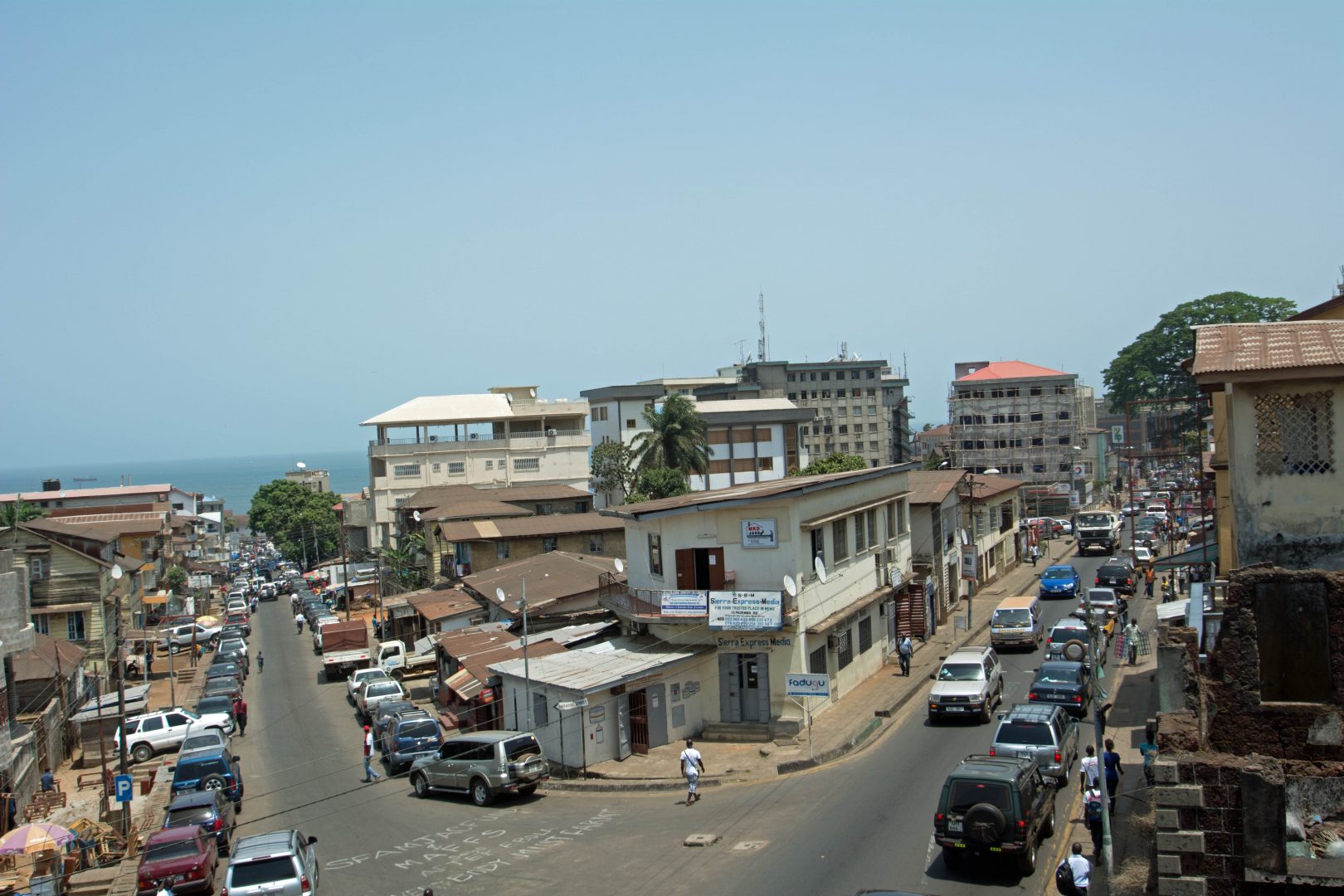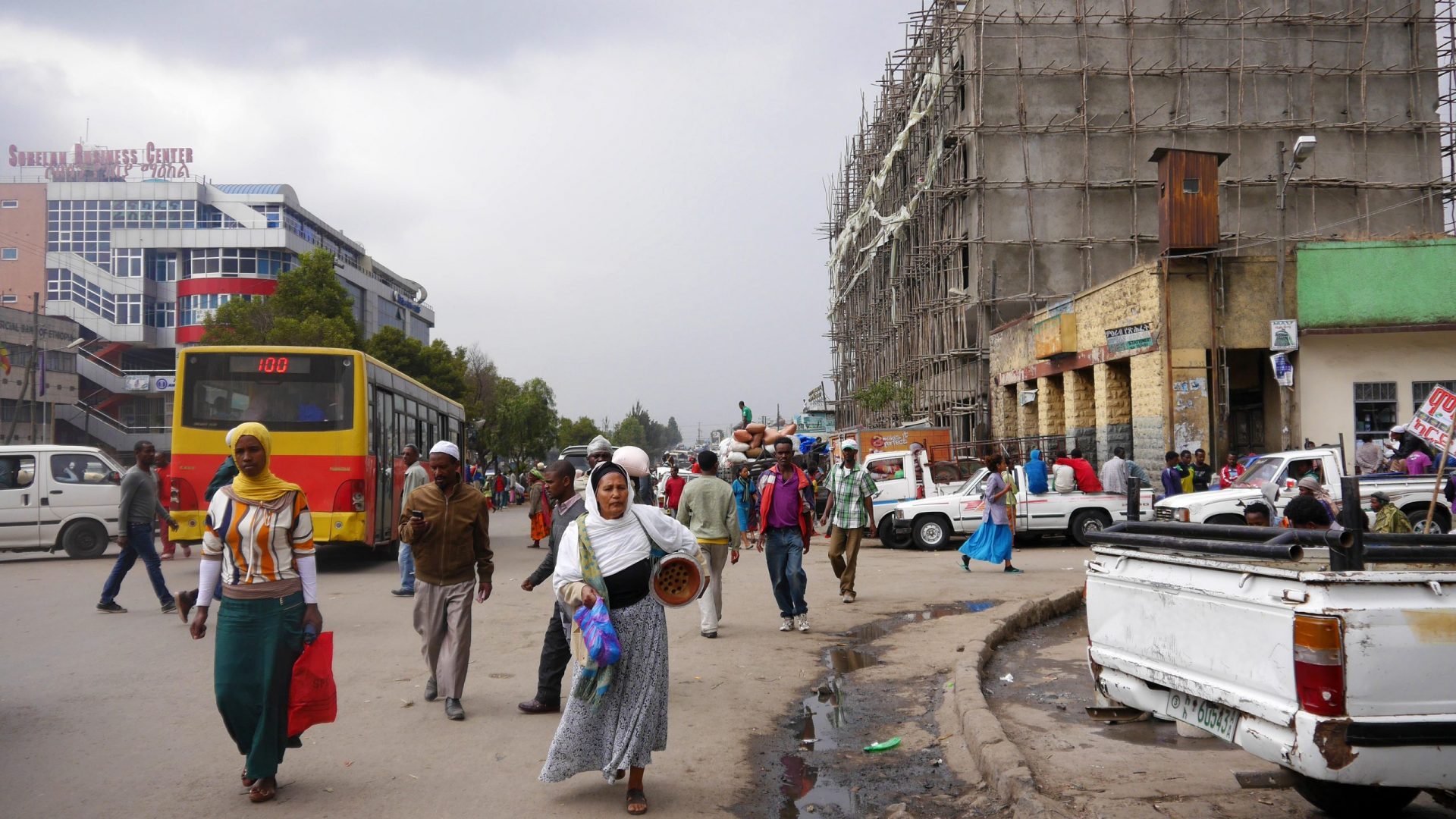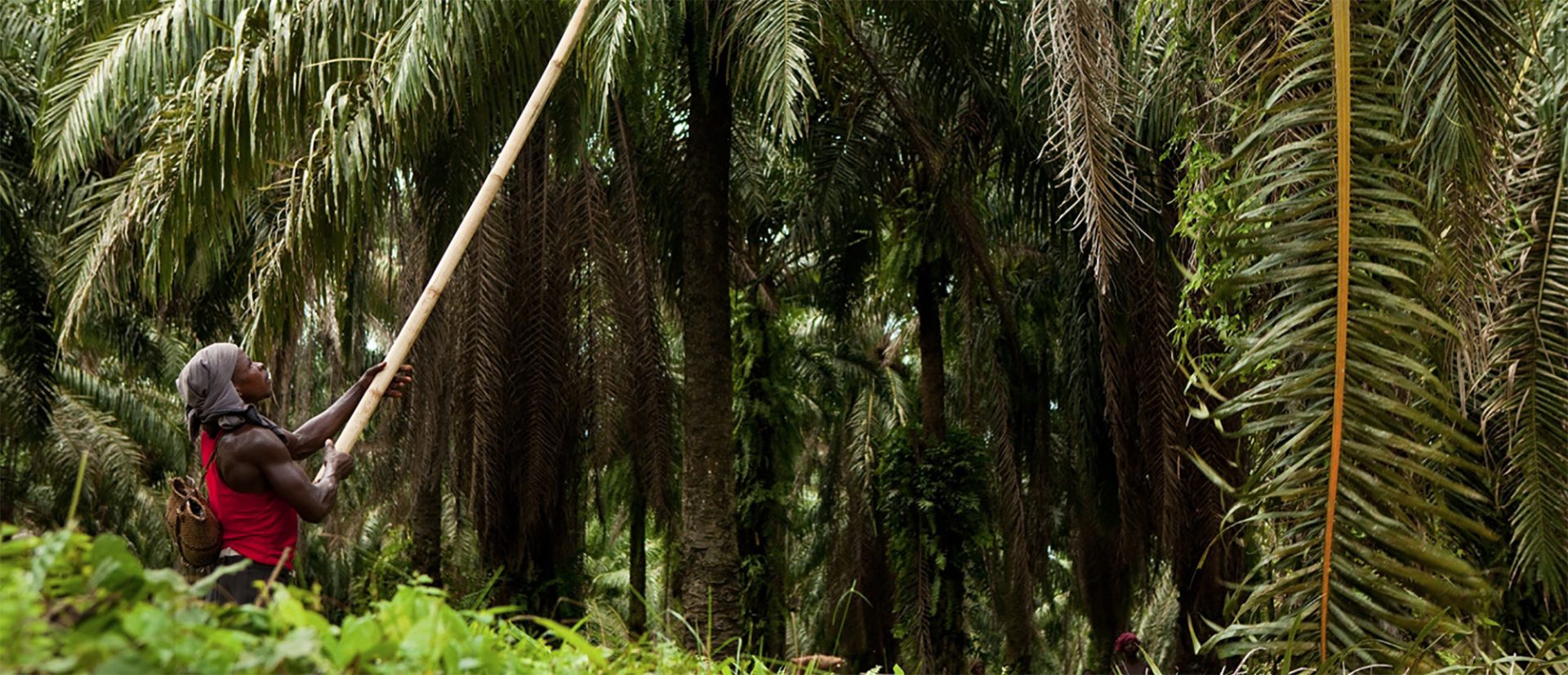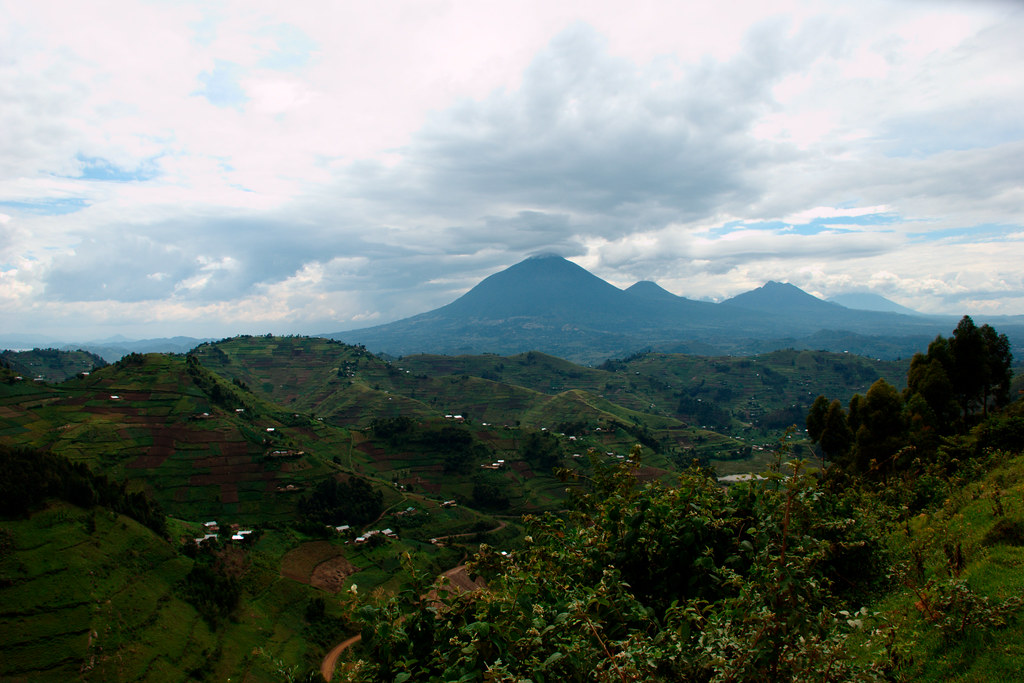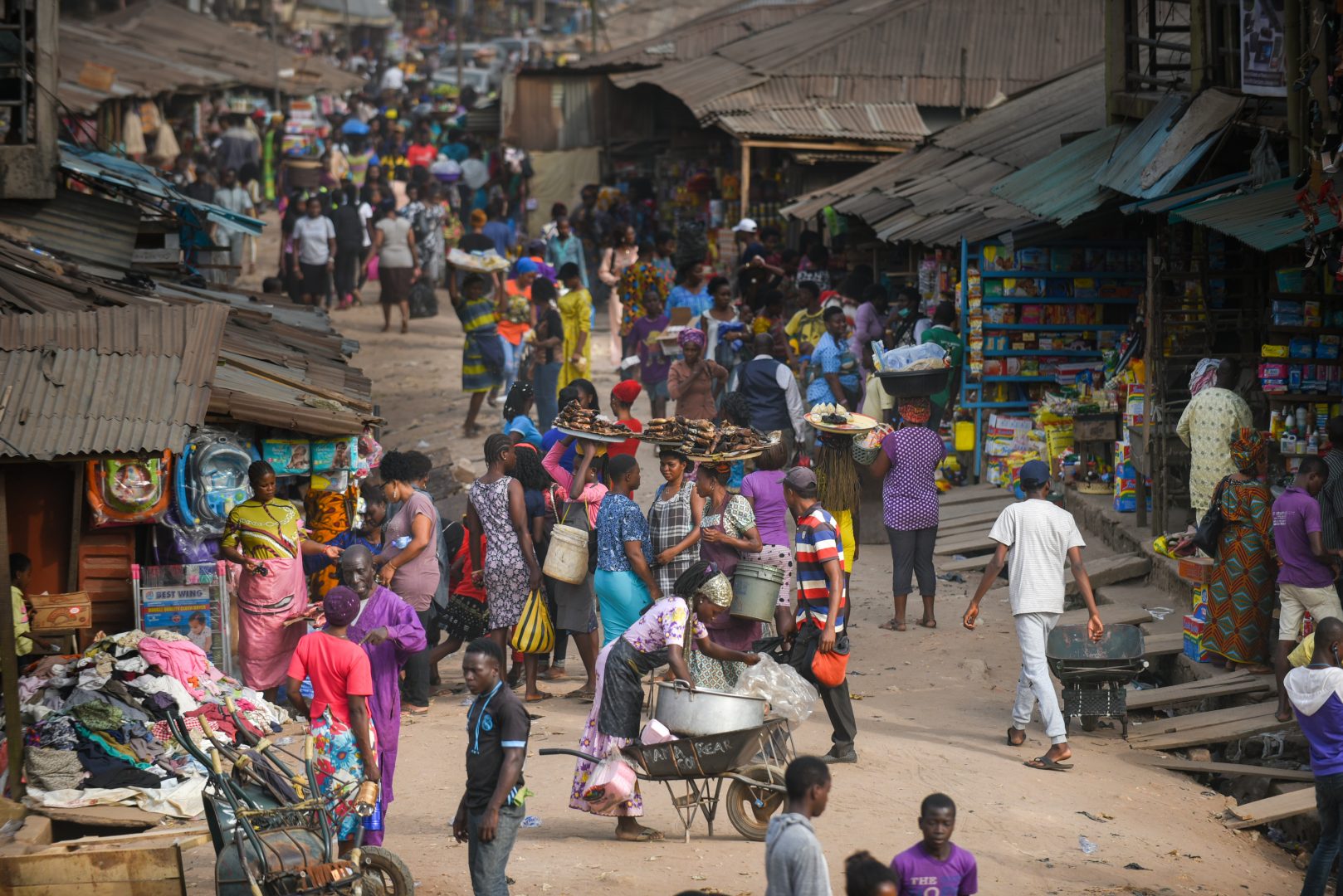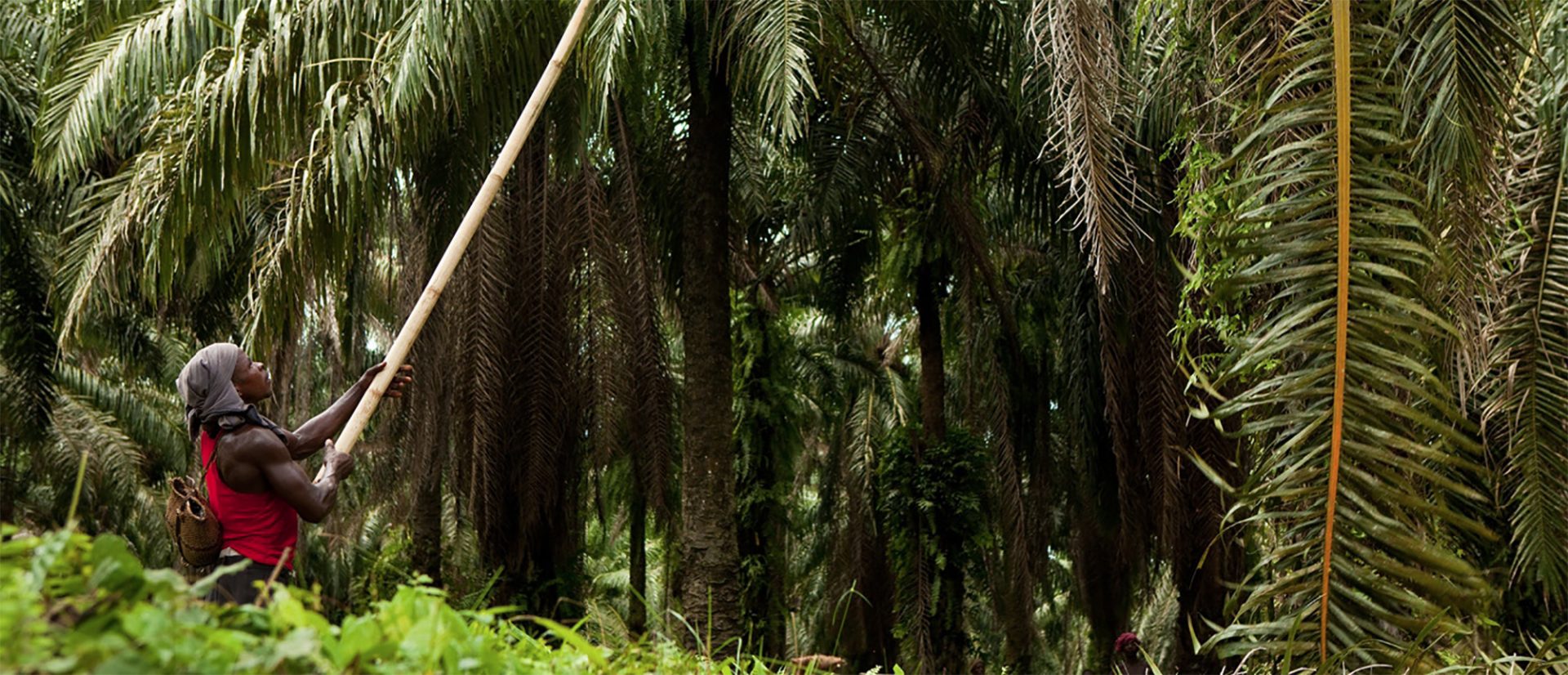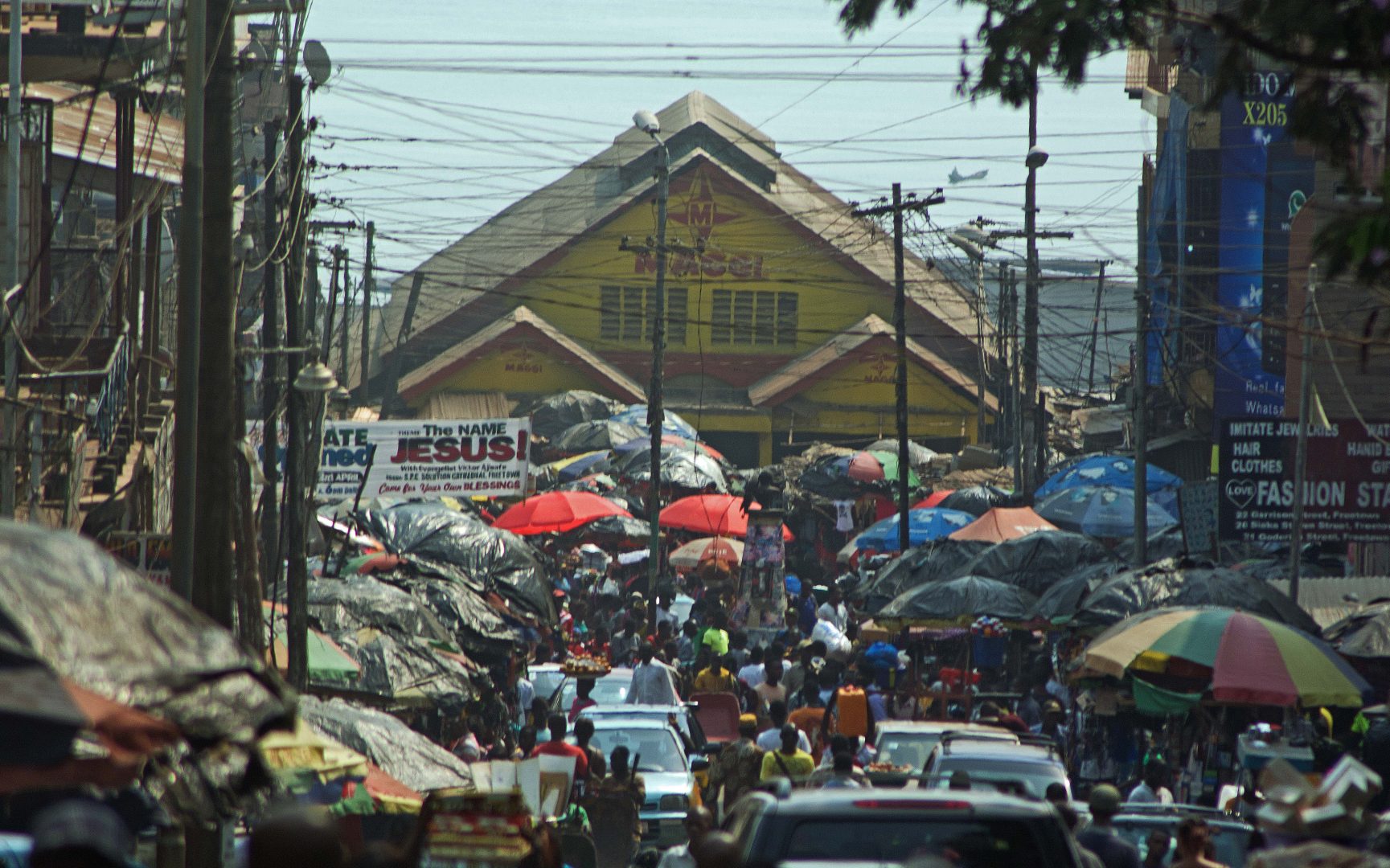What role can development finance institutions play in fragile states?
Development finance institutions play a vital part in building the private sector in developing countries. This role is all the more important in fragile and conflict-affected states.
As long as CDC has existed, we have been committed to finding opportunities in these environments. Since 2012 our strategy has given us much greater focus on the hardest places; 28 per cent of our new portfolio is in fragile and conflict-affected environments.
We have made these investments in the knowledge that we cannot operate in isolation from the wider development community and organisations on the ground, which are also working to progress economic development. Achieving impact in the world’s most fragile countries requires collaboration across organisations, from Governments to DFIs, NGOs and the private sector.
However, while investments in these countries often result in high impact, challenges remain to ensure environmental, social, business integrity and management standards. The associated risks and costs are often significantly higher than with other projects.
So how can organisations collaborate to overcome some of these challenges? The recent second annual DFI Fragility Forum hosted by the Blavatnik School of Government at the University of Oxford and co-organised by the African Development Bank (AfDB), CDC, the International Finance Corporation (IFC), and the International Growth Centre (IGC) looked at this issue. The aim of the meeting is to bring together DFIs for an action-oriented discussion on improving the effectiveness of our work in fragile and conflict-affected environments. For example, last year’s Forum resulted in the creation of a series of pilot projects focusing on fragile states where DFIs are exploring ways they can work together more closely.
We spoke to attendees of this year’s conference and asked for their views on the role of DFIs in these fragile environments and what more can be done to scale the impact of our work. Here’s what they told us:
Preparing the ground for mainstream investors
Vivianne Infante, Ethiopia country representative, CDC
“We cannot put all of these fragile countries in one bucket. We cannot refer to fragile environments in Ethiopia as we do in the Democratic Republic of the Congo for example. They are very different investment environments. Which is why we need to make a distinction and those that are more fragile treat in a different way and maybe come up with a set of guidelines framework in which we can all work together.
In many of the countries we are operating in today, such as Ethiopia, the private sector is very young, so this is actually a perfect setting for DFIs to come in and prepare the ground for more commercial operators, whether they are international or local, so they can operate in a more predictable business environment.”
Maximising collaboration to unite common purpose
Paul Collier, Professor of Economics and Public Policy, Blavatnik School of Government
“There is a common purpose [amongst DFIs] – bringing jobs and economic opportunities to societies that absolutely desperately need them. There’s a lot of scope for more collaboration, with 30 something [DFIs] in the room just think of all the opportunities for doing things better by doing things together. Next year we are moving the ambition to collaborating not just between the DFIs but between the DFIs and the aid agencies because they also have common purpose. They are trying to achieve the same things without working together. They would be so much more effective working together.”
Building fledgling private sectors
Alexia Latortue, Managing Director, Corporate Strategy, European Bank of Reconstruction and Development (EBRD)
There are two ways to look at the role of DFIs in fragile states. The first is that we simply cannot leave parts of mankind behind, so that is the big goal. In terms of DFIs our role is to come in with investments and build fledgling private sectors and to do that in a way that also addresses the challenges on a policy front. These reforms are needed to help the private sector to grow and to support the building of institutions strong enough to really contribute to the economic and financial life of these countries.
Supporting the frontier of investment
Jake Cusack, Co-founder and Managing Partner, Cross Boundary
“DFIs are absolutely critical for fragile states, indeed it’s perhaps where they are most needed. This is the true frontier of investment and it requires investors who are willing to accept initial returns that might not always be fully commensurate with the risk.
Commercial investors, particularly impact-minded ones, are also interested, but they need allies. Moreover, just providing investment capital is not enough — the transaction costs in these markets of finding, conducting the necessary diligence, and structuring these opportunities are often quite high relative to the investment size. So, investment facilitation and transaction support activities are quite helpful.”
Sparking imagination to maximise potential
Danny Alexander, Vice President and Corporate Secretary, Asian Infrastructure Investment Bank
“By sharing experience and listening to one another I think DFIs can find ways to enhance our collective impact in these places.
In general, these organisations have an interest in supporting economic development, supporting job creation, supporting the private sector and I think each of them have ways they can contribute to that goal. Certainly these discussions…spark the imagination for what they can do more of in those places.”
